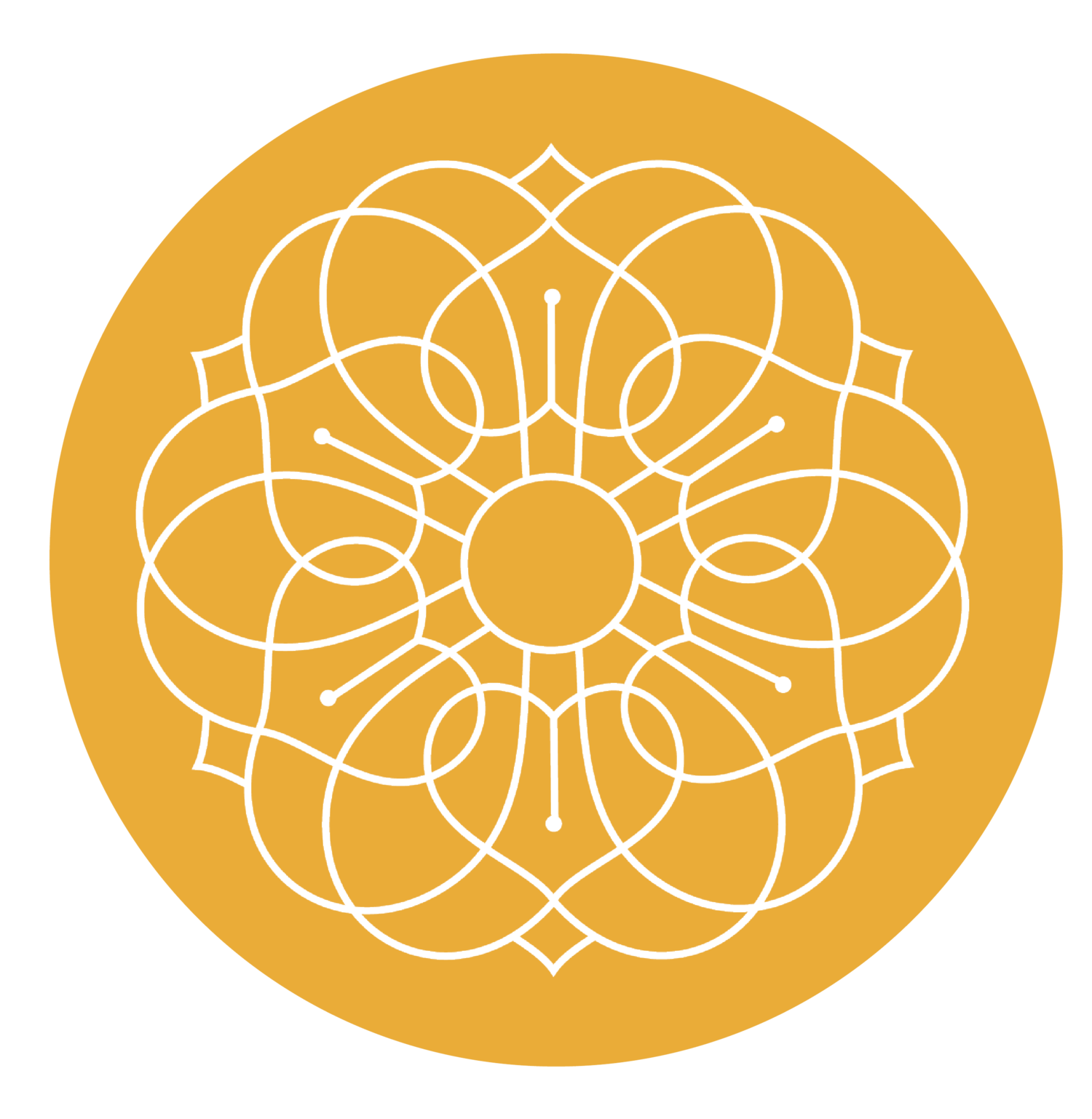“Maintaining order rather than correcting disorder is the ultimate principle of wisdom. To cure a disease after it has appeared is like digging a well when one feels thirsty, or forging weapons after the war has already begun.’”
In modern medicine, there is no illness unless there is something measurable and seen. If a slew of tests come up negative for any known disease, there is little, if anything, modern medicine can offer. We are considered healthy and sound even if we report discomfort and pain. In Traditional Chinese Medicine, most illnesses are considered in advanced stages by the time they are registered in our modern medical tests. Any feelings of discomfort or pain, physically, emotionally or psychologically are important information that indicates imbalance. These imbalances can often be detected in the pulse, on the tongue, through history, palpation and careful observation. The more sensitive and responsive a patient is to imbalance, the earlier the correction can be made, the better the outcome.
I often have patients that are sheepish in their concerns. They say they experience headaches, or stomach woes or fatigue or difficulty sleeping and then they quickly add, but it’s not really a big deal. Just wondering if it’s something that Chinese Medicine can help. Often times, I sense that they feel some embarrassment to bring up such “non-issues.” They are surprised when I applaud them for their sensitivity and encourage them to tell me more about these minor ailments that they have. I tell them that if we don’t pay attention to the non-issues then they may develop into real issues--recognizable pathology-- and then it’s much more difficult to treat.
In modern life, we are encouraged to override minor discomfort in the name of productivity and busy-ness. We even consider many imbalances normal, such as, menstrual cramps, fatigue, upset stomach, minor aches and pains, forgetfulness and anxiety--only to name a few. We accept these conditions as a part of modern living. Patients often refuse treatment unless what ails keeps them home from work or interrupts their daily life. It is only then, that something is considered wrong because productivity has been interrupted.
Part of my work is to re-connect and re-sensitize patients to their bodies. And a large part of that is helping patients prioritize feelings and sensations and to recognize them as important information for healing. It is no easy task, when one has overridden these feelings for a long time to begin to hear what the body is saying. To start, it may be important to follow some simple rules and rhythms that support re-connection such as, sleeping and waking at prescribed times, eating nourishing foods, moving our bodies daily and taking a bit of time off every day for relaxation. Over time, your body will feel respected and cared for rather than slave driven towards tasks and duties. And you can begin to develop a relationship of mutual respect, each listening and responsive to the other. Then when something feels off, you can recognize it and attend to it.
This harmonizing and balancing in daily life is the heart of what Traditional Chinese Medicine is about. It is about wellness, not illness. It is the art of living and thriving.
In Health & Community,
Thuy


